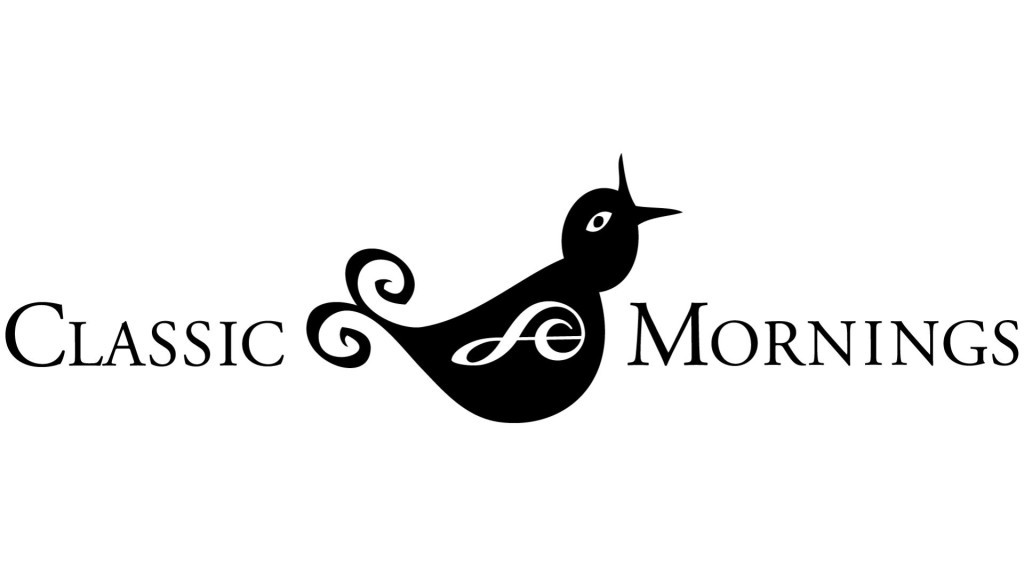Settling the Scores

By Vic DiGeronimo
What a mess! I sometimes say that to myself whenever I’ve read about yet another attempt to rescue or authenticate a classical music composition. We sit back and enjoy music, while music historians and musicologists have nightmares over some works. I admire what they do. And if there are fun facts or stories about their findings, I like to pass them on to you.
Recently, I introduced a recording from 2023 featuring mandolinist and musicologist Anna Schivazappa. She decided to examine a number of sonatas attributed to Domenico Scarlatti. Scarlatti did write some works for the mandolin. But Schivazappa discovered that the sonatas in question were instrumental arrangements of operatic arias by Baroque composers like Nicola Francesco Haym, Francesco Mancini, and Francesco Bartolomeo Conti. It was the work of an anonymous arranger who attached Scarlatti’s name to the sonatas.
Schivazappa founded the ensemble, Pizzica Galante. The players perform on plucked string instruments, though there’s a viola da gamba player in the group too. Their recent recording is titled Un air d’Italie – The Mandolin in Paris in the 18th Century (Arcana 552). Included is the very first recording of the sonatas Schivazappa examined.
“Nice work,” you might say. Indeed, it was. But brace yourself for a report on another “little” project. This might be especially informative for listeners who assume that when better known classical music works are performed, the musicians simply go to a library and pick up a copy of the score.
In anticipation of playing instrumental selections from Henry Purcell’s King Arthur on Classic Mornings, I took a look at prgram notes by Martin Perlman, written for a live production of the semi-opera (a play with operatic elements), which he presented with his ensemble: Boston Baroque. Perlman wrote:
“Putting together a performable version of Purcell's King Arthur is not a straight-forward matter. There are more than 60 manuscript and published sources for the music, and not one of them is complete. Only a single source dates from Purcell's lifetime, and that is merely a fragment. Some of the instrumental pieces are grouped together in separate sources, without any indications of where they occur in the play. No doubt there were many changes and revisions made for various revivals, so that there is no single correct version. Nonetheless, there are enough clues in the end to reconstruct a performable version of the music, even though a few of the dances, as well as some musical settings of John Dryden's text, have never been recovered.”
Learning about all that he had gone through to stage the semi-opera by Purcell, I was most impressed by his expertise and perseverance. And given all of Perlman’s scholarly work, I felt guilty playing only a few instrumental pieces from a suite arranged from King Arthur.
I was reminded that when András Schiff recorded the French Suites by Johann Sebastian Bach in 1991, he included a note about the challenge of choosing from among different versions. He decided upon two which were made by students of Bach. One of those students was Bach’s son-in-law, Johann Christoph Altnickol. The other was an anonymous student. Defending his choice over other editions, Schiff said “It is the performer’s duty to examine all the different versions, and it is his liberty to make a choice dictated by common sense and by his personal taste.”
I had never heard of Altnickol. And I had never heard of Etorio Sinfalico. I have heard the name Alessandro Marcello. And you’ve heard me play his famous concerto, written originally for the oboe. It’s the only one of his works that anybody records or hears. Well, I learned just recently that Marcello published his works under the name Eterio Stinfalico, but not the oboe concerto. Even without the pseudonym, Marcello isn’t as well-known as his contemporaries, including Vivaldi, Bach, and Handel. But his younger brother, Benedetto, was also writing music at the time. So, the family name secured an extra mention, even if listeners confuse the two of them.
Alessandro Marcello’s oboe concerto is a standout. And it helped that Bach transcribed it for solo harpsichord. Many play it on the piano from Bach’s arrangement. More recently, guitarist Alexandre Lagoya made an arrangement for guitar and strings. He recorded it with the Academy of St. Martin in the Fields.
I don’t know the names of the 360 listeners who helped us exceed the Fall Fund Drive goal. So many names of contributors from communities throughout central Illinois were mentioned during the mornings of the drive, I’m glad the members of our Development Department were keeping track of all that. But I still want to thank everybody who made a gift!
And I want to invite you to join us for Classic Mornings. Tune in Monday through Friday from 9-noon on FM 90.9 or online at will.illinois.edu.

